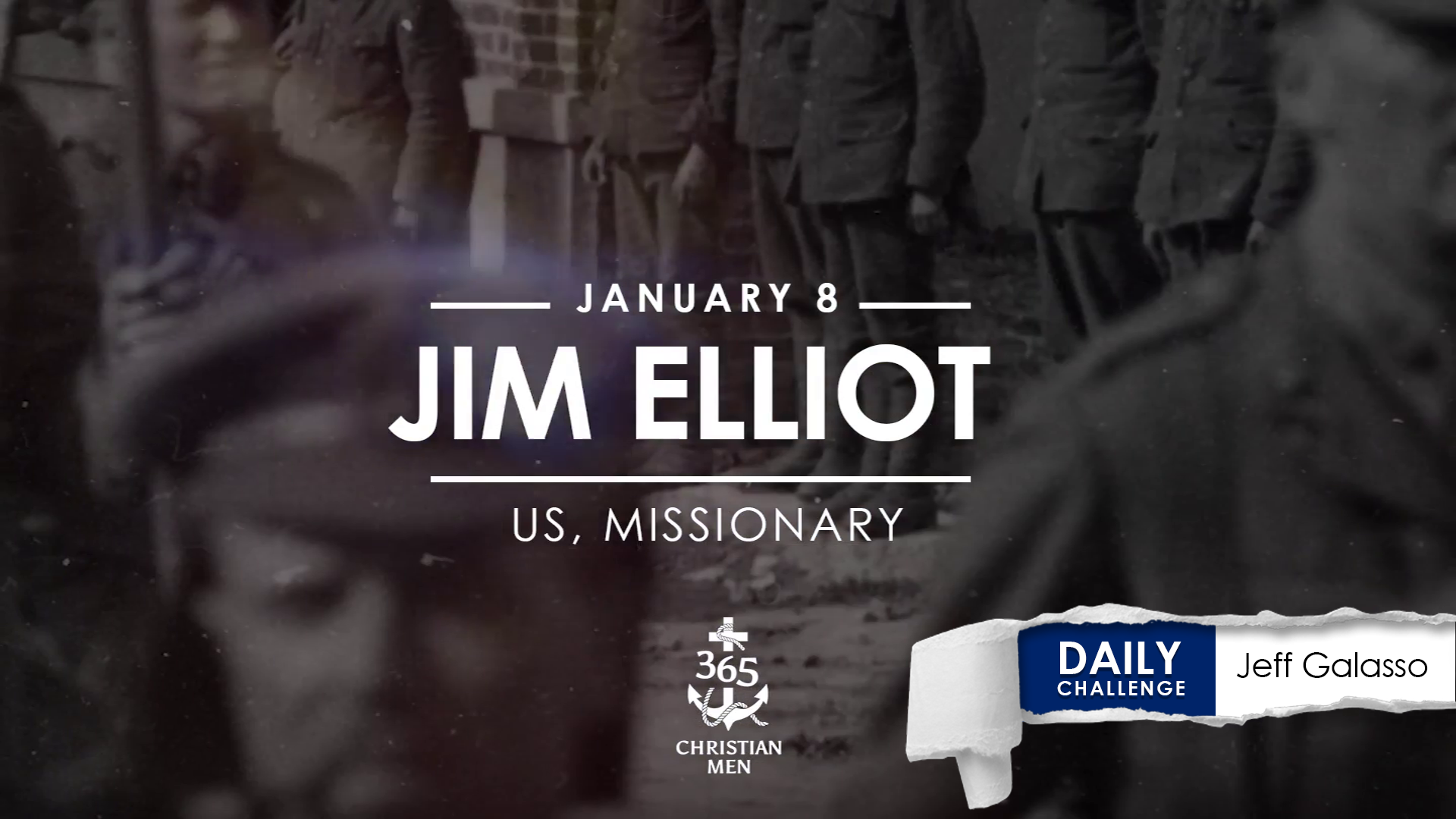January 15. CI Scofield. On this date in 1909, Scofield published the Scofield Reference Bible. He had started out as an attorney, and President Ulysses S. Grant appointed him US district attorney for the District of Kansas. But when ugly rumors emerged about bribes, thieving, and forgery, Scofield resigned and left the area.
He was a man with many gifts and one enormous problem. Early in his life, that problem caused Scofield a lot of grief. But none of our problems are too big for God. Listen to the story.
Stuck in secret sin? Be transparent. Your mess might be your message.
Scofield’s early life was in the fast lane and heading to a bad end. He had abandoned his wife and child, fled a government job to avoid charges, and embraced a life of anesthesia by alcohol.
But God had a plan for Scofield’s life and sent a friend named Thomas McPheeters.
McPheeters challenged his friend, “Why aren’t you a Christian?”
“Scofield tried to deflect the conversation. ‘Does not the Bible say something about drunkards having no place in heaven? I’m a hard drinker, McPheeters.’
“‘You haven’t answered my question, Scofield. Why are you not a Christian?’
“‘I do not recall ever having been shown just how to be a Christian. I do not know how.’”
McPheeters read aloud: “Let it be known to you therefore, brothers, that through this man [Jesus] forgiveness of sins is proclaimed to you, and by him everyone who believes is freed from everything from which you could not be freed by the law of Moses” (Acts 13:38,39 ESV).
“It was as if the words pierced Scofield’s heart. Like the Philippian jailer, Scofield asked, ‘What must I do to be saved?’”
McPheeters read the words again. Then the two men knelt, and Scofield received Jesus Christ as his Savior.
Later, Scofield told his biographer Mr. Trumbull, “Oh! Trumbull, put it into the story, put it big and plain: instantly the chains were broken never to be forged again—the passion for drink was taken away. Put it ‘instantly,’ dear Trumbull. Make it plain. Don’t say: ‘He strove with his drink-sin and came off the victor.’ He did nothing of the kind. Divine power did it, wholly of grace. To Christ be all the glory.”
Scofield quickly got into Christian work with YMCA and formed a relationship with a remarkable preacher, pastor, and Bible teacher of St. Louis and spent many hours in the pastor’s home studying the Bible with him.
Later, he shared his story of deliverance. He realized, “by the grace of God I am what I am,” (1 Corinthians 15:10).” He didn’t want others to think his deliverance came from his own human ingenuity or victorious efforts. It had come solely by the grace of God.
But prominent preacher DL Moody advised Scofield against telling the story of his rescue from alcoholism. Moody firmly believed sin was under the blood of the Jesus. He thought it might lessen Scofield’s credibility as a minister. Moody thought the only exception should be during revival meetings where drinking men might be present.
Scofield didn’t want to respond hastily. He played the conversation over in his mind again. Then wisely replied, “I must leave myself in the hands of the Holy Spirit for whatever guidance He might indicate.”
Shortly after this, Scofield spoke to an audience of about eight-hundred students at Northfield, where Moody pastored. During the course of his sermon, he was strongly impressed to give the testimony of his own deliverance from being enslaved to alcohol through the all sufficient power of the Holy Spirit.
Scofield said, “Great opportunities had indeed been given me, and for years I made them my own. But slowly, insidiously, the all but universal habit of drink in the society and among the men of my time overmastered me. I was not a victor in the battle of life but a ruined and hopeless man who, despite all his struggles, was fast bound in chains of his own forging. [The man I had become] had no thought of Christ … but the Lord of glory sought him. Through Thomas McPheeters, a joyous, hopeful soul, Jesus Christ offered Himself to that wreck. That wreck, Scofield accepted Jesus Christ.”
It was evident God greatly blessed the lives of the students through Scofield’s transparency. After the service, Moody said emphatically, “Scofield, you take the advice of the Holy Spirit hereafter, and not of DL Moody.”
What parts of your life do you hesitate to share? If secret sin has you bound, choose to be transparent. Your mess can be your message.
Trumbull, Charles, and Mark Walter. (Kindle Locations 363–370) The Life Story of C. I. Scofield. January 30, 2014.
Pickering, Hy, “Conversion of C. I. Scofield: An American Lawyer.” Accessed September 23, 2020. Wholesome Words Home. https://www.wholesomewords.org/biography/bscofield2.html.















